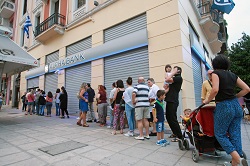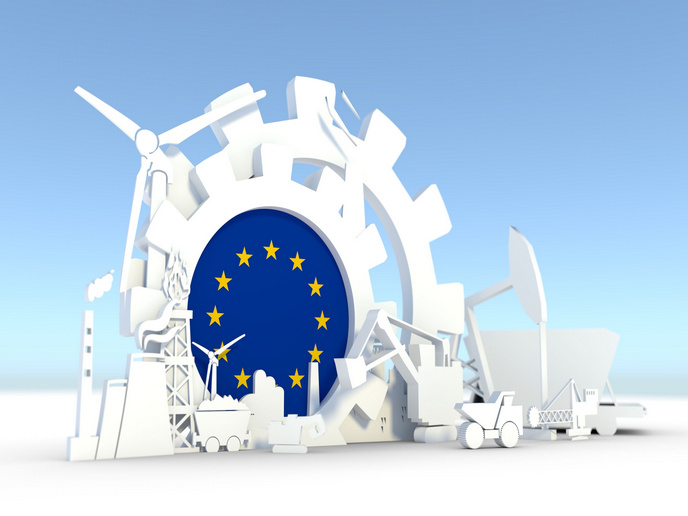A post-crisis New Deal for Europe
The 2008 global economic crisis hit Europe hard. The effect was not only immediate, it also exposed many long-term problems that persist even today. As a result of the crisis, Europe must address such challenges as: de-industrialisation and its relative weakness in terms of new technologies and new industries, nearly stagnant wages and a divergence between productivity growth and wage growth, a declining labour share, and a surge in corporate profits against a backdrop of rising inequalities. Europe’s answer to these challenges has been a mix of fiscal austerity and a range of structural reforms. But these short-term solutions do little to remedy long-term problems. According to the EU-funded ISIGrowth (Innovation-fuelled, Sustainable, Inclusive Growth) project, what Europe needs is a New Deal – one that focuses on the de-financialisation of European economies, achieves inclusive growth and equality through a rebalancing of labour power, and supports innovative industries and sustainable growth. “The ISIGrowth project provides a thorough diagnosis of the European economy and a comprehensive ensemble of policy measures, all of which aim to jump-start a process of innovation-driven, sustainable and inclusive growth,” says Project Coordinator Giovanni Dosi. Diagnosing the problem The ISIGrowth project aimed to provide novel and comprehensive diagnostics of the relationship between innovation, employment dynamics and growth in an increasingly globalised and financial-driven world economy. Based on this diagnosis, researchers then developed a policy toolkit to help Europe achieve its 2020 objectives for smart, sustainable and inclusive growth. According to Dosi, the project was very successful at both the scientific and the policy levels. “In both domains, we achieved original and unconventional results, debunking a few of the myths that are all-too-often considered part of our conventional wisdom,” he says. For example, instead of being a self-regulating system, researchers came to the realisation that the economy – when left to itself – either works or doesn’t work depending on the balance between a ‘Schumpeterian’ engine generating and diffusing innovations and a ‘Keynesian’ one driving demand. “Industrial policies are essential ingredients for both of these engines, especially in the form of mission-oriented programmes addressing such ambitious tasks as climate change and welfare,” explains Dosi. Turning to macro fiscal policies, the project concluded that austerity policies like those favoured in post-crisis Europe are generally doomed to failure. Likewise, structural reforms to the labour market, typically used to promote employment, often have the opposite effect, actually leaving the economy more fragile and prone to crisis. Instead, a policy of steady finance focused on investment and innovation in the real economy can be the best ingredient for growth. But here Dosi warns that the key is to focus the investment on the long term: “The financialisation of the economy that we have seen since the crisis goes against this principle as it is too focused on disruption and short-term gains,” he says. A new theoretical paradigm To transform these findings into policy initiatives, the project put considerable focus on dissemination, holding a number of conferences, workshops and discussions with the UK, Italian and European Parliaments, the European Central Bank (ECB), Bundesbank, Bank of Russia and the Organisation for Economic Co-operation and Development (OECD). Furthermore, the project’s co-director, Mariana Mazzucato, was appointed Special Advisor on Mission Driven Science and Innovation to Carlos Moedas, EU Commissioner for Research, Science and Innovation. “It is my hope that ISIGrowth’s contributions will help build a new theoretical paradigm where the economy is rightfully understood as a complex, evolving system with innovation, inclusiveness, redistribution and sustainability at its core,” adds Dosi. “This is the starting point for building a New Deal for Europe.”
Keywords
ISIGrowth, economic growth, innovation, austerity, European economy







